plc. water stopper seal
Price 135.00 INR/ Meter
plc. water stopper seal Specification
- Usage
- Industrial
- Size
- Standard
- Thickness
- 10 Millimeter (mm)
- Color
- Black
- Application
- PVC Water stopper
- Hardness
- Medium
- Feature
- Smooth Surface
About plc. water stopper seal
A PVC Water Stopper Seal is a waterproofing solution used in construction joints in concrete structures to prevent water leakage. Its made from polyvinyl chloride (PVC) and provides an impermeable barrier that ensures that water does not infiltrate the joint, even in environments with high water pressure.
PVC water stopper seals are typically used in dams, swimming pools, tunnels, water tanks, and foundations where water tightness is crucial.
Key Specifications of PVC Water Stopper Seals:
| Parameter | Details |
|---|---|
| Material | Polyvinyl Chloride (PVC), sometimes reinforced with fiberglass or steel wire for additional strength |
| Dimensions | Varies; common sizes are 150 mm (width) and 8 mm - 10 mm (thickness), but custom sizes are available |
| Length | Typically 5 meters or 10 meters per roll, customizable as per project requirements |
| Water Pressure Rating | Effective in high water pressure conditions |
| Temperature Range | Usually -5C to +60C, depending on the specific product and application |
| Color | Gray, Black, or custom colors available |
| Reinforcement | Available with fiberglass mesh or steel reinforcement for extra strength and durability |
| Flexibility | Flexible, designed to accommodate expansion, contraction, and settlement of concrete joints |
Function and Purpose:
-
Waterproofing: Primarily used to seal construction joints in concrete structures to prevent water from seeping through.
-
Expansion and Contraction: PVC water stoppers are designed to withstand concrete movement, accommodating thermal expansion or settling of structures without compromising the seal.
-
High Water Pressure Resistance: Ideal for high-pressure water environments where a durable, reliable seal is necessary, such as in dams, underground tunnels, and water tanks.
Applications:
-
Dams, reservoirs, and hydroelectric plants for water-tightness between concrete pours
-
Swimming pools, fountains, and water treatment tanks
-
Sewage and stormwater systems to prevent water ingress in treatment plants and pipelines
-
Underground tunnels, subways, and subterranean infrastructure
-
Foundations, basements, and retaining walls in buildings
-
Bridges, roads, and railway structures to manage water flow at construction joints
Advantages:
-
Prevents Leakage: Provides long-lasting waterproofing to ensure that concrete structures remain dry and protected from water damage.
-
Durable: Resistant to abrasion, UV degradation, and chemical exposure, ensuring a long life even in harsh environmental conditions.
-
Flexible: Can be easily adapted to various joint shapes, including straight, curved, or angular joints.
-
Cost-effective: PVC is generally more affordable than other sealing materials, making it a budget-friendly option for large-scale projects.
-
Easy to Install: Can be installed during concrete pouring by positioning it within the joint area, where it will expand and form a waterproof barrier once the concrete sets.
-
Environmentally Friendly: PVC is recyclable, reducing environmental impact while providing high performance.
Installation Process:
-
Positioning the Water Stopper: Place the water stopper in the middle of the construction joint, typically inside the formwork before pouring the concrete.
-
Concrete Pouring: Pour concrete over the water stopper. As the concrete sets, the PVC will expand, creating an impermeable seal against water penetration.
-
Expansion & Sealing: The PVC material is designed to expand when in contact with wet concrete, which helps it bond tightly and form a solid waterproof barrier.
-
End Fittings: For continuous application, molded corners, connectors, or overlapping sections can be used to maintain the seal around joints and corners.
Performance Features:
-
Waterproof and Watertight Seal: Provides a reliable barrier against water even under high-pressure conditions.
-
Chemical Resistance: Effective for applications involving exposure to mild chemicals, such as in water treatment facilities or sewage systems.
-
Flexibility and Durability: Adapts to joint movements while maintaining its integrity and preventing water ingress.
-
Long-lasting: PVC water stoppers do not degrade easily, providing permanent water resistance in concrete structures.
Would you like:
-
A technical datasheet or installation guidelines for PVC water stoppers?
-
Help with sourcing suppliers or manufacturers?
-
A comparison of PVC water stoppers with rubber or other types of water seals?
Let me know how you plan to use it, and I can assist you further!
Reliable Water Sealing Solution
The PLC water stopper seal offers robust protection against water seepage in concrete joints, making it ideal for demanding industrial settings. Its medium hardness ensures adaptability and consistent performance, while the smooth surface guarantees a precise seal every time. This effective solution is trusted nationwide and suits a wide range of PVC water stopping applications.
Engineered for Industrial Use
Crafted for PVC water stopper systems, this seal performs reliably under pressure, exhibiting excellent durability due to its 10 mm thickness. Its black finish adds both aesthetics and practicality, making it a preferred option for industrial installers and fabricators in India.
FAQ's of plc. water stopper seal:
Q: How is the PLC water stopper seal installed in industrial settings?
A: The PLC water stopper seal is typically embedded within concrete joints during the construction process. Installation should be done by experienced professionals to ensure a proper seal against water infiltration in PVC water stopper applications.Q: What applications is this water stopper seal suitable for?
A: This product is ideal for industrial use, particularly where a PVC water stopper is needed, such as in construction of water retaining structures, foundations, and expansion joints.Q: When should you use a medium hardness water stopper seal?
A: Medium hardness is recommended when you need a balance between flexibility and durability. It allows the seal to withstand movement and pressure, making it suitable for most industrial concrete joint applications.Q: Where can I purchase the PLC water stopper seal in India?
A: The water stopper seal is available nationwide through various channels, including dealers, manufacturers, retailers, suppliers, traders, and wholesalers. Both fabricators and producers ensure consistent availability across India.Q: What is the process for manufacturing the water stopper seal?
A: Manufacturing involves precisely shaping high-quality PVC material to a standard size and thickness of 10 mm with a smooth black surface, ensuring consistent hardness and effectiveness for industrial sealing.Q: How does using this PVC water stopper benefit my project?
A: By incorporating this water stopper seal, you effectively prevent water ingress and protect structural integrity in concrete joints. Its smooth surface and standard dimensions ensure reliable, long-term performance in industrial environments.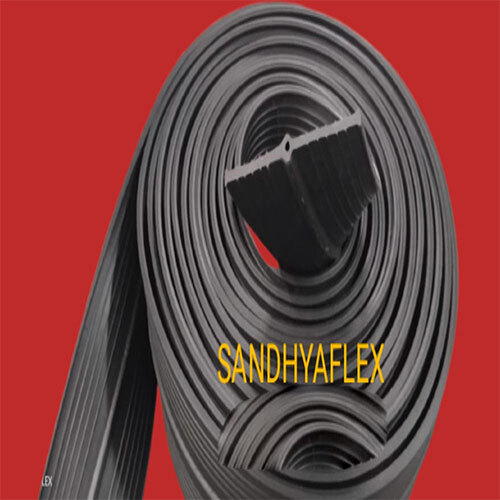
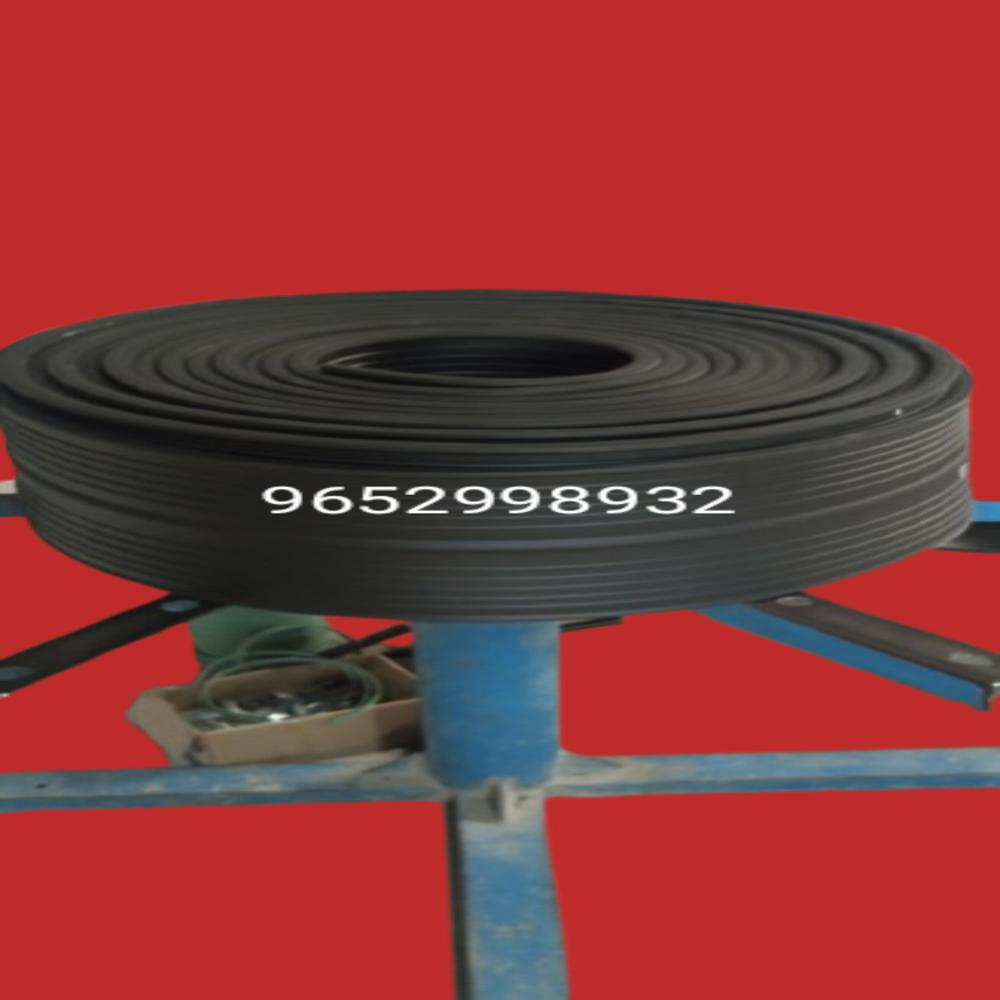
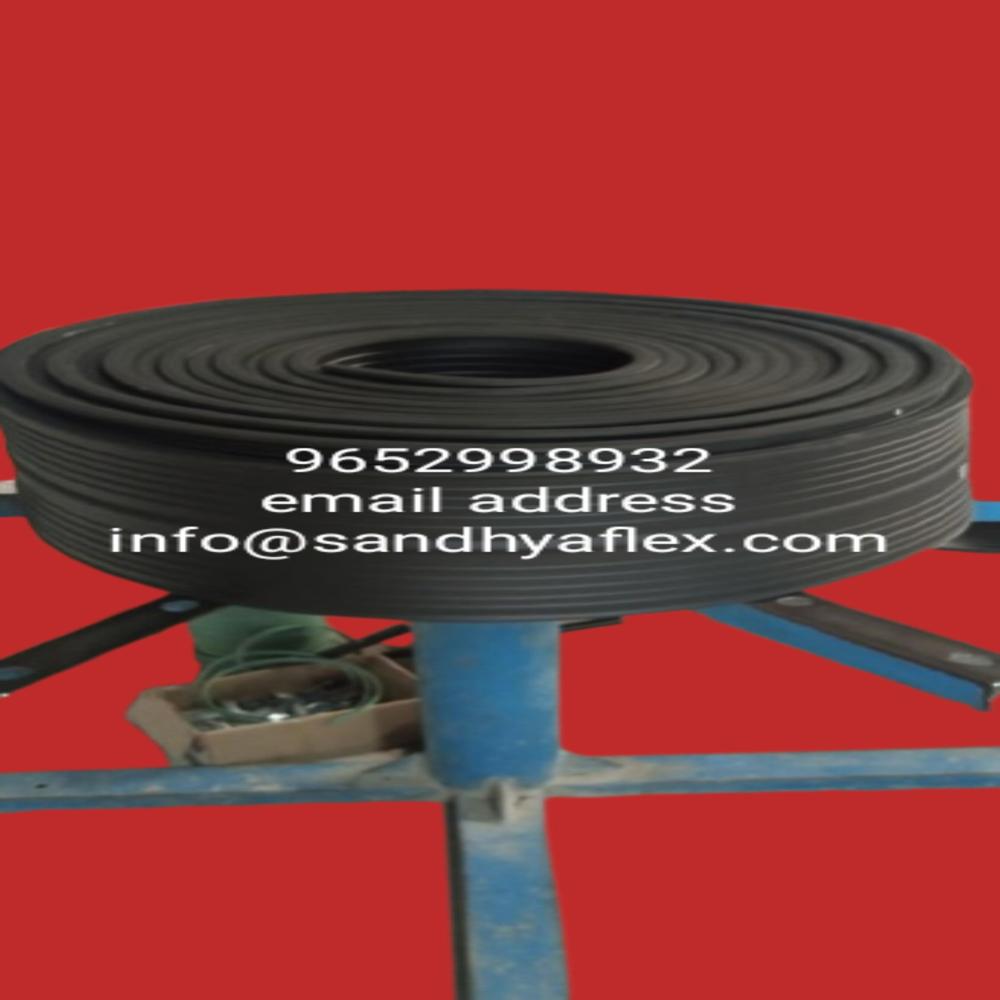
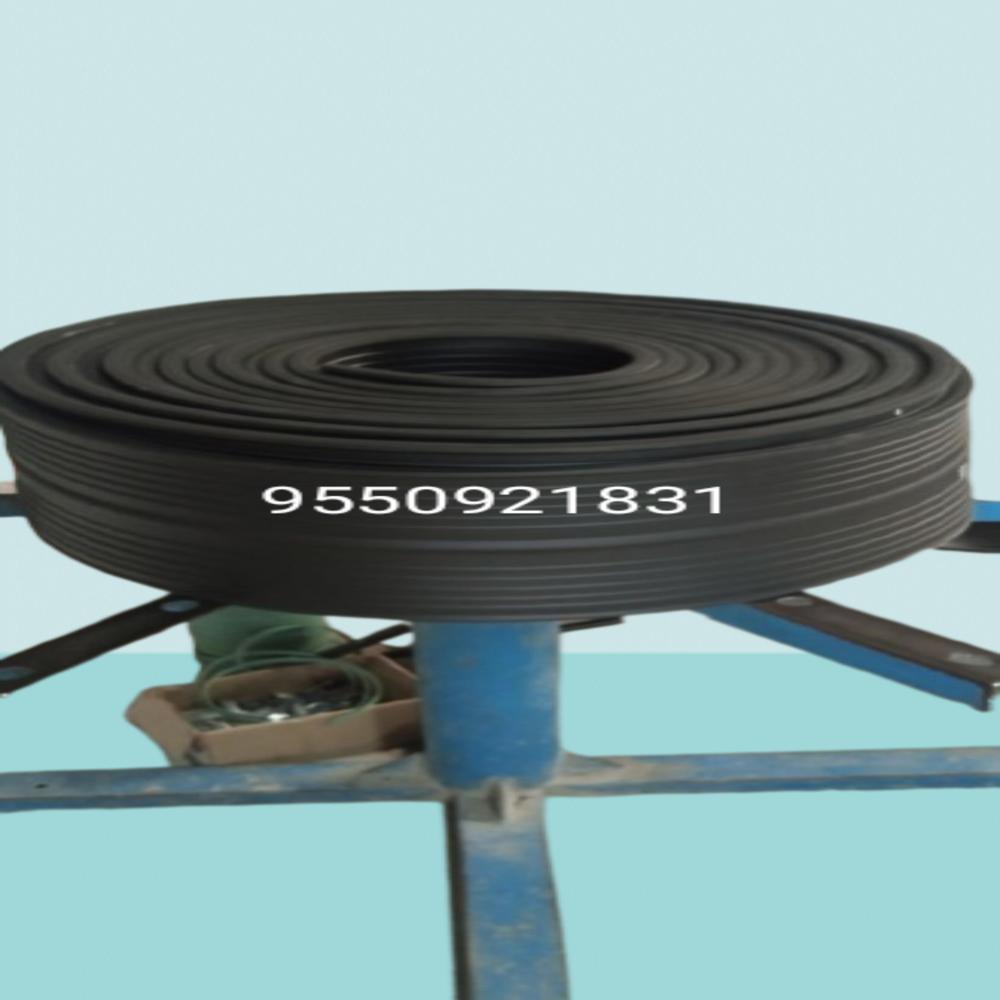
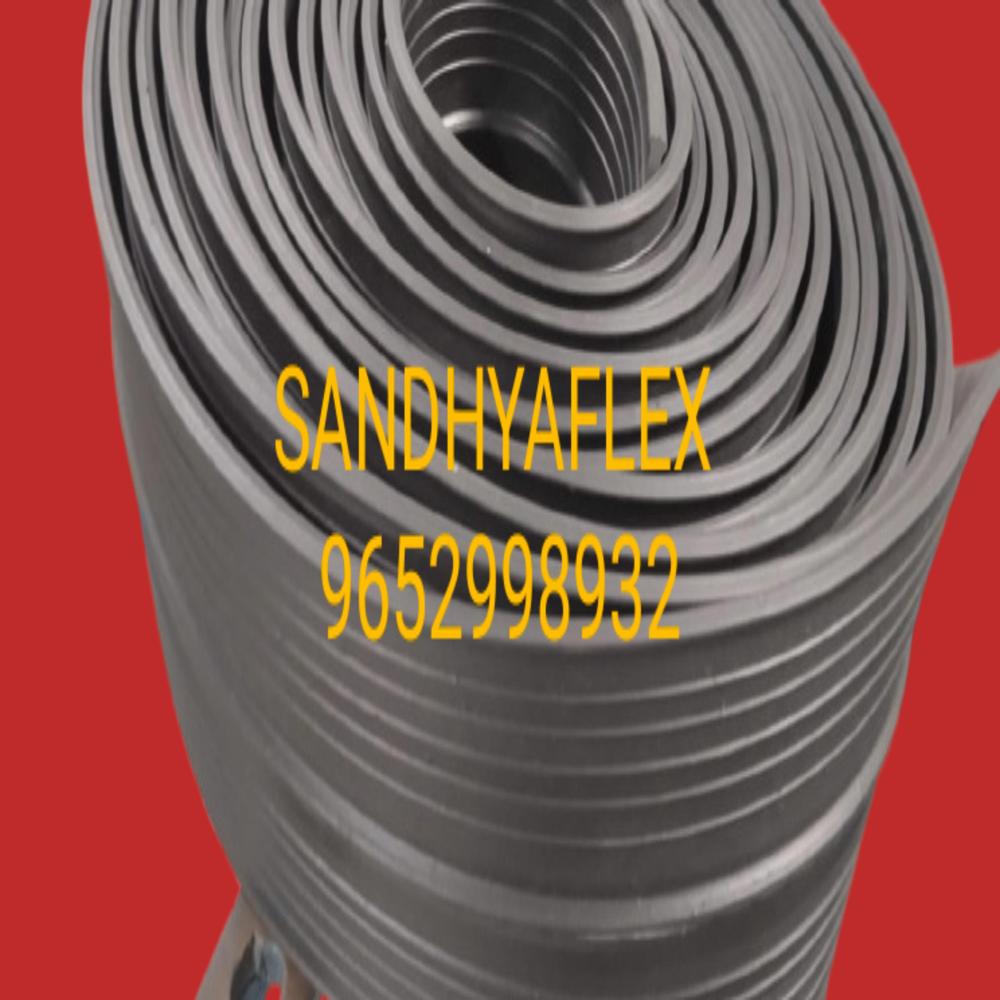
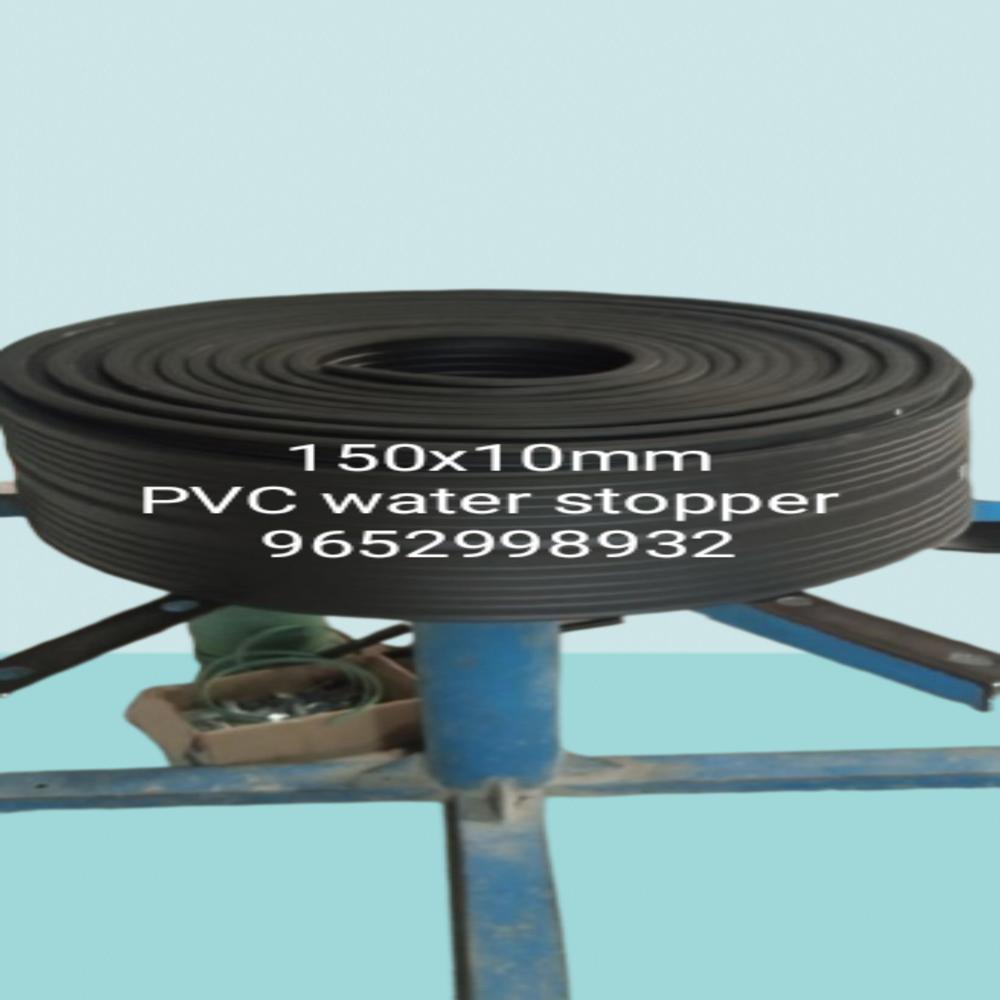

Price:
- 50
- 100
- 200
- 250
- 500
- 1000+
More Products in PVC Water Stopper Category
PVC Water stopper 150*10mm
Price 120.0 INR / Meter
Minimum Order Quantity : 1 Meter
Hardness : Medium
Material : PVC
Application : PVC Water stopper
Feature : Smooth Surface
PVC Water Stopper 8*
Price 115.00 INR / Meter
Minimum Order Quantity : 1 Meter
Hardness : Medium
Material : PVC Rubber
Application : Irrigation Project
Feature : Smooth Surface
230x5mm PVC Water Stopper
Price 125.0 INR / Meter
Minimum Order Quantity : 1 Meter
Hardness : Shore A 65 5
Material : Polyvinyl Chloride (PVC)
Application : Concrete Expansion Joints, Water Retaining Structures
Feature : Other, Flexible, Chemical Resistant, Leak Proof
300mm PVC water stoper
Price 180.0 INR / Meter
Minimum Order Quantity : 1 Meter
Hardness : 6570 Shore A
Material : PVC (Polyvinyl Chloride)
Application : Waterproofing in concrete structures, Expansion and Construction Joints
Feature : Other, Flexible, Waterproof, Chemical Resistant

 Send Inquiry
Send Inquiry
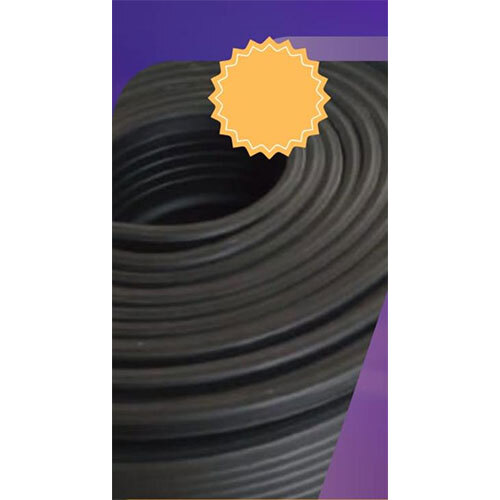
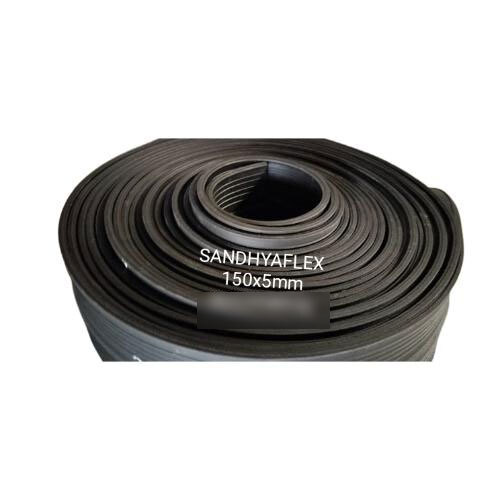
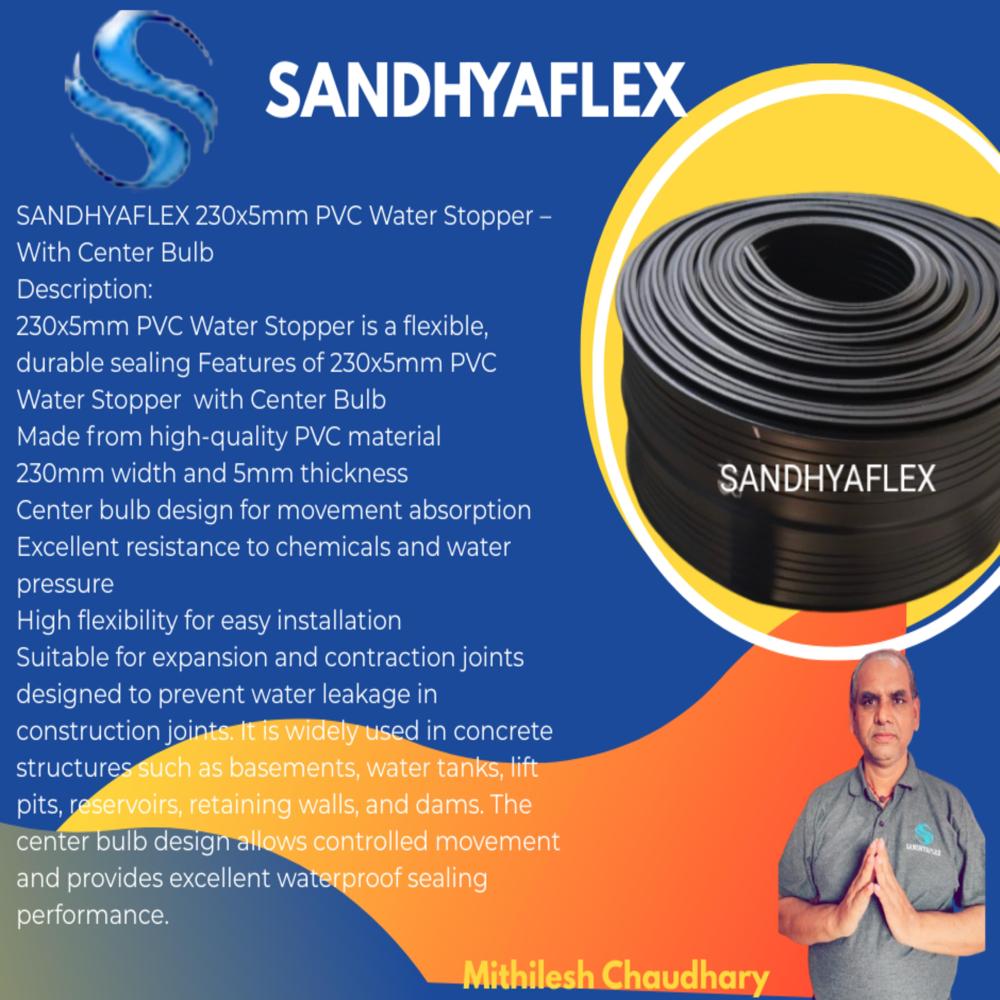
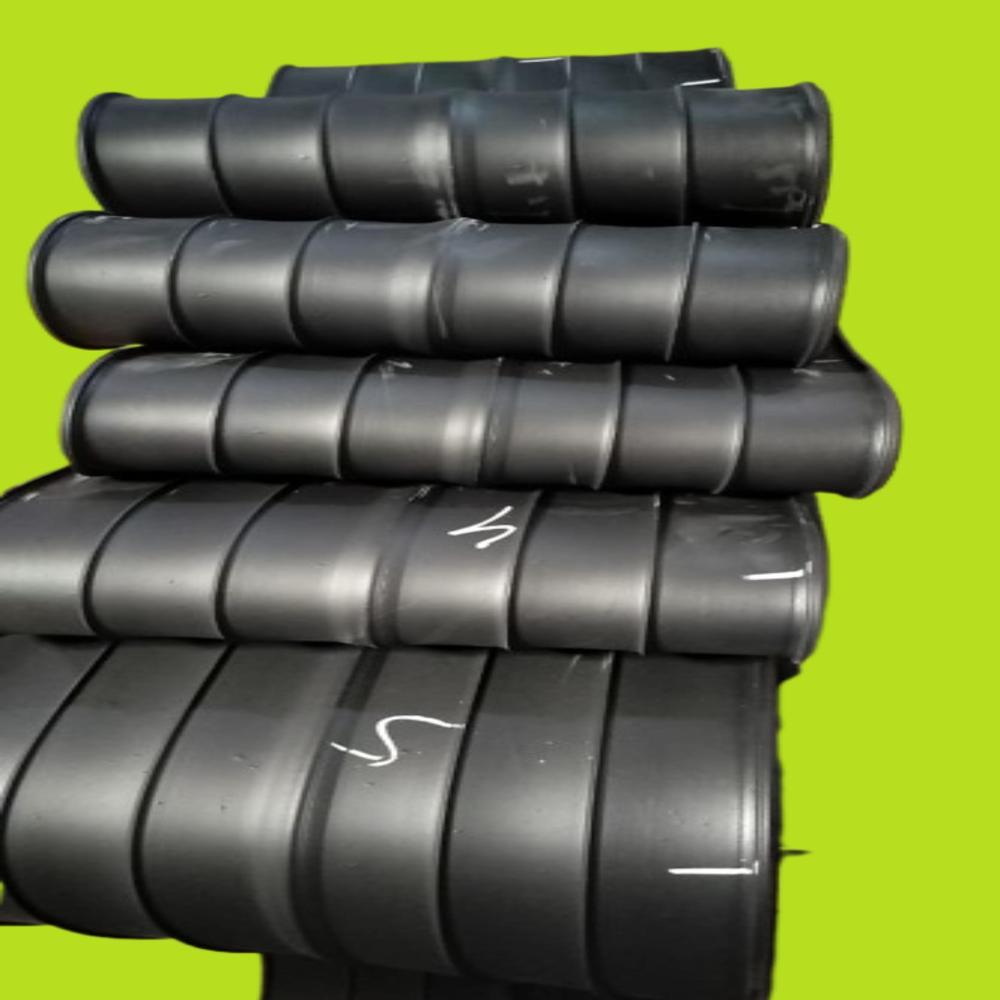


 Send Inquiry
Send Inquiry Send SMS
Send SMS Call Me Free
Call Me Free